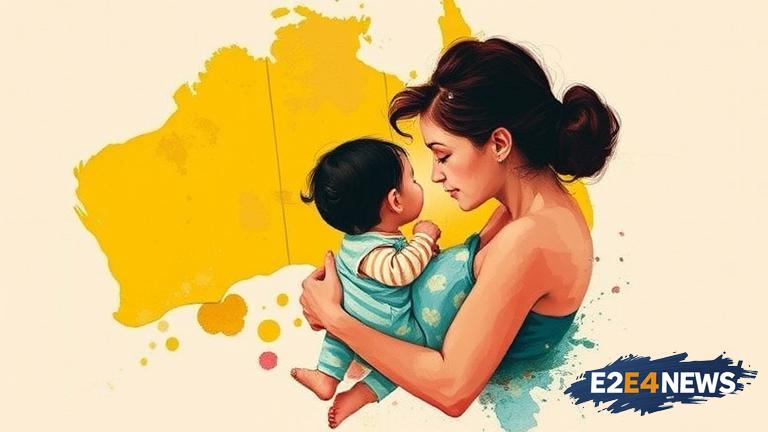Birth trauma is a significant issue in Australia, with many women experiencing traumatic births that can have long-lasting effects on their physical and mental health. Despite its prevalence, birth trauma is often dismissed and not taken seriously by healthcare providers. Many women have reported feeling belittled and ignored when they try to discuss their traumatic experiences, with some even being told that they are overreacting or being too sensitive. This lack of understanding and support can make it difficult for women to process their emotions and come to terms with what happened during their birth. The secrecy surrounding birth trauma can also make it challenging for women to find others who have had similar experiences, leaving them feeling isolated and alone. In some cases, birth trauma can lead to post-traumatic stress disorder (PTSD), anxiety, and depression, which can have a significant impact on a woman’s quality of life. The Australian healthcare system has been criticized for its handling of birth trauma, with some arguing that it is not doing enough to support women who have experienced traumatic births. There is a need for greater awareness and understanding of birth trauma, as well as more effective support systems for women who have experienced it. This includes providing women with access to counseling and therapy, as well as creating a safe and supportive environment for them to share their experiences. By speaking out and sharing their stories, women can help to break the silence surrounding birth trauma and push for change. It is also essential to recognize that birth trauma is not just a women’s issue, but a societal one that requires a collective response. The media has a critical role to play in raising awareness about birth trauma and promoting a culture of understanding and support. Furthermore, healthcare providers must be trained to recognize the signs of birth trauma and provide women with the support and care they need. Additionally, there is a need for more research into the causes and effects of birth trauma, as well as the development of effective interventions to prevent and treat it. Ultimately, it is only by working together that we can create a society that supports and cares for women who have experienced birth trauma. The Australian government has a responsibility to ensure that women have access to high-quality healthcare and support services, and to take action to address the systemic issues that contribute to birth trauma. By taking a proactive and compassionate approach, we can help to reduce the incidence of birth trauma and improve the health and wellbeing of women and families. Moreover, it is crucial to acknowledge the importance of patient-centered care and to prioritize the needs and experiences of women in the healthcare system. This includes providing women with accurate and unbiased information about their care options, as well as involving them in decision-making processes. In conclusion, birth trauma is a complex and multifaceted issue that requires a comprehensive and nuanced response. By promoting awareness, understanding, and support, we can help to create a society that values and cares for women who have experienced birth trauma.
